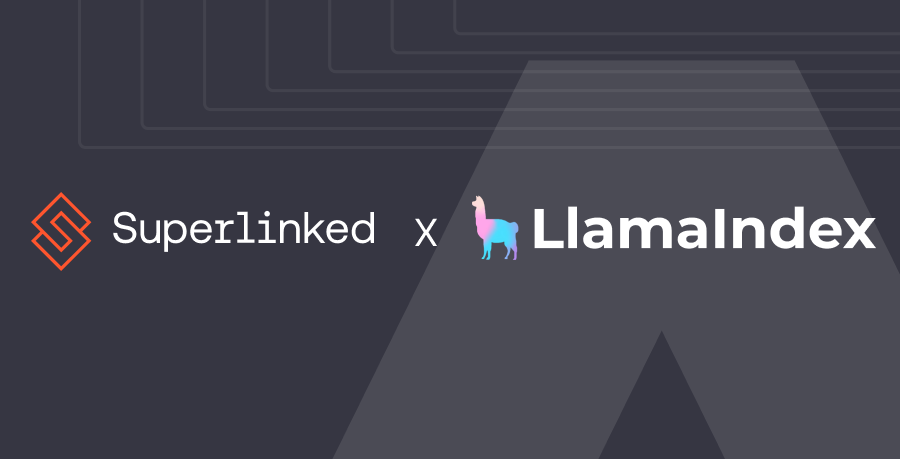Superlinked has released a developer guide and reference implementation that shows how to build a custom LlamaIndex retriever backed by Superlinked’s retrieval stack. The example targets a Steam games dataset and demonstrates how to wire Superlinked into LlamaIndex’s BaseRetriever for domain tuned retrieval in RAG pipelines.
Why this matters for ML engineers
Generic retrievers work fine for broad queries, but they can miss jargon and domain signals. Superlinked’s approach focuses on custom, domain aware retrieval that you can adapt to your data and ranking rules. The piece explains when a bespoke retriever pays off and why richer filtering, metadata and tailored scoring improve relevance for real applications.
What the integration shows
- LlamaIndex BaseRetriever needs only one method to plug in a custom backend. You implement _retrieve and return List[NodeWithScore], which keeps the rest of the LlamaIndex stack unchanged.
- Schema first setup in Superlinked defines fields like IdField, String, and Float for the games dataset, then maps your DataFrame into a Superlinked schema.
- Mixture of encoders architecture is highlighted as Superlinked’s core strength for complex, multimodal retrieval. In the example, text similarity uses sentence-transformers/all-mpnet-base-v2.
- Multi field indexing rolls name, description, genre and other text into a single combined_text field to improve retrieval on nuanced, multi concept queries.
- In memory execution with Superlinked’s InMemoryExecutor targets real time scenarios, with the article calling out sub millisecond latency for recommendations.
- Simple, interpretable ranking uses a position based score 1.0 - i/top_k across retrieved items.
Developer experience
The article includes a Google Colab notebook that mirrors the guide (so you can follow along with the code in-browser) and a link to the official integration on LlamaHub for LlamaIndex users.
Example pipeline at a glance
- Define a Superlinked schema for the games dataset.
- Create a text similarity space that points to the combined_text field and the all-mpnet-base-v2 model.
- Build an index, load the CSV, then run an InMemoryExecutor.
- Implement _retrieve to run a Superlinked query against the index, convert results to NodeWithScore, and return the top-k.
Where this fits in the RAG stack
LlamaIndex provides the retrieval abstraction plus query engines and response synthesis. Superlinked supplies the retrieval logic, encoders and indexing needed for rich semantic search over structured or semi structured content. The integration keeps retrieval concerns modular so you can A/B different strategies or add custom filters and rankers without rewriting your application.


.svg)
.svg)